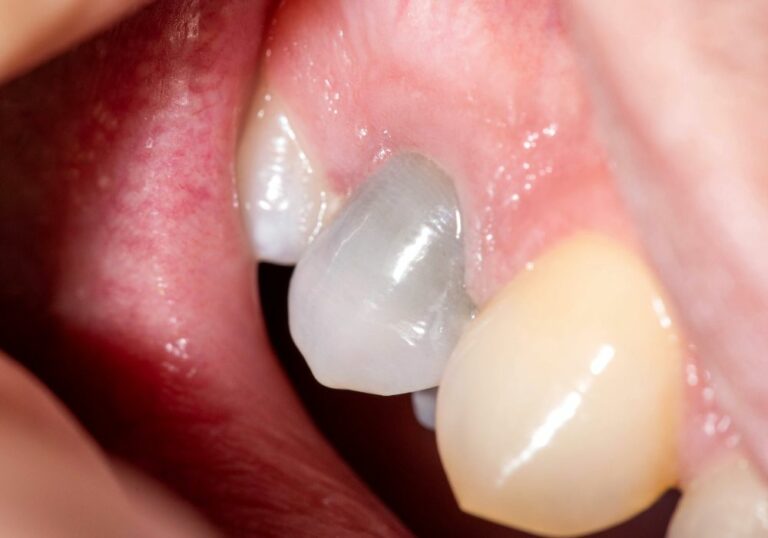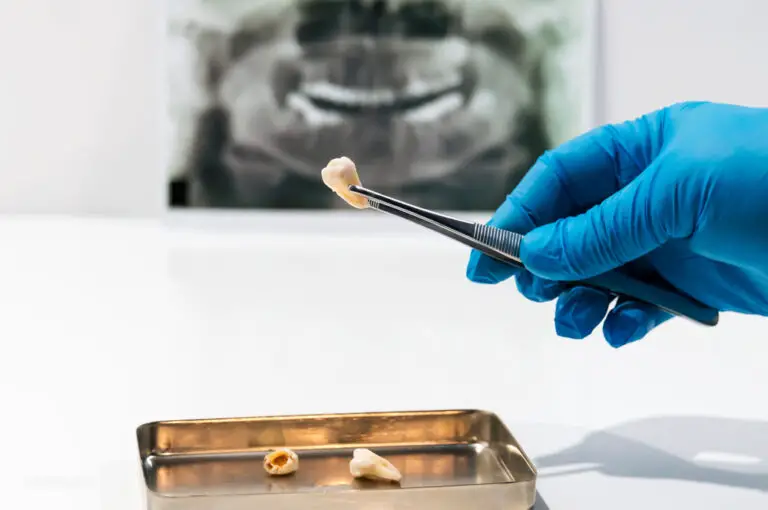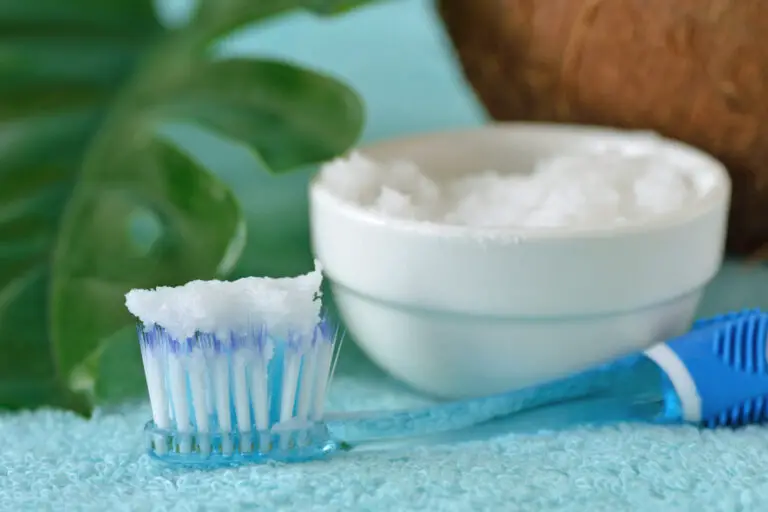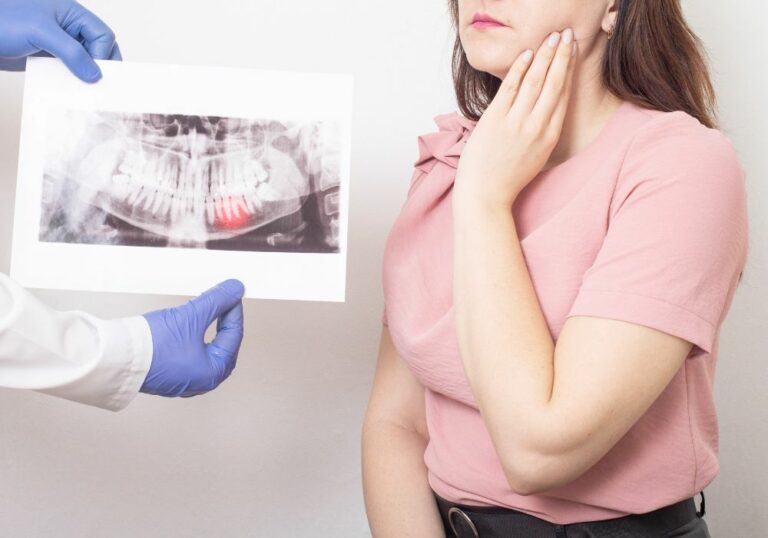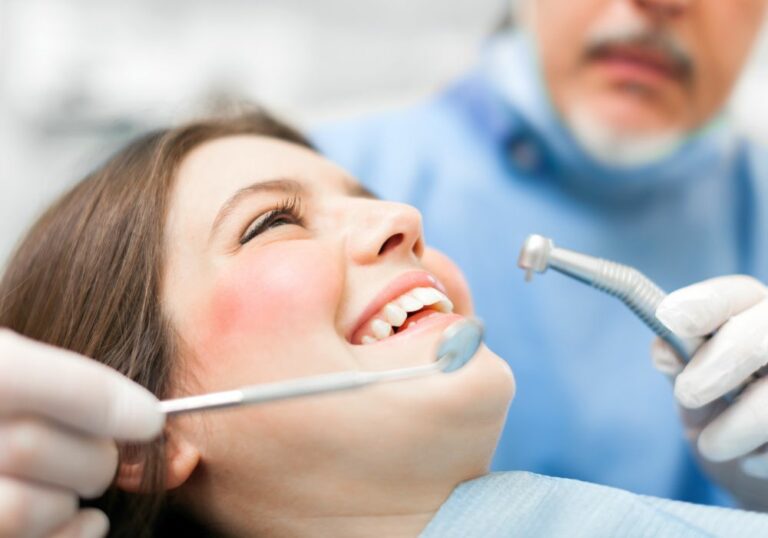The link between physical activity and tooth pain
Tooth pain or sensitivity during physical activities like walking, running, and sports is a reasonably common complaint. According to studies, up to 40% of runners report some degree of tooth pain and discomfort associated with their training. The pain can range from mild twinges to severe discomfort that disrupts performance.
Several theories exist as to why teeth may hurt when you engage in intensive physical exertion:
- Increased blood circulation during exercise causes swelling in blood vessels and exerts pressure on nerves that run through the teeth. This can lead to radiating tooth pain.
- Rapid breathing through the mouth when active leads to cold, dry air passing over the teeth. This triggers sensitivity and nerve reactions in susceptible teeth.
- Exercise often causes dehydration and reduced saliva flow. Saliva normally lubricates and protects the teeth, so its loss leaves them more prone to pain triggers.
- The repeated impact on teeth from running and athletics can irritate existing minor dental issues.
- Some people unconsciously clench, grind, or grit their teeth more during physical activities, leading to muscular strain on the jaw joints that radiates as tooth pain.
Why does the pain worsen with activity?
There are a few reasons why tooth pain seems to intensify when you engage in strenuous walking, running, or sports:
- Increased circulation and blood flow during exercise creates swelling in tissues, nerves, and blood vessels around the teeth, leading to increased pressure on pain receptors.
- The faster breathing pattern with activity causes more cold, dry air to pass over the mouth and teeth, exacerbating sensitivity.
- Physical activities lead to dehydration over time, so saliva flow steadily decreases. This allows pain triggers to affect the unprotected teeth.
- Repeated impact and force on the teeth from running can continue to irritate vulnerable or already inflamed dental structures.
- Muscle clenching and tooth grinding often ramp up as activity intensity increases due to exertion and stress, putting mechanical strain on teeth.
Signs it may be dental-related
There are a few indicators that suggest your tooth pain when active stems from a dental cause:
- The pain is concentrated in specific teeth, rather than being a generalized jaw ache.
- You notice chips, cracks, or damage in the painful teeth that could be aggravated by activity impacts.
- The pain has a sharp, shooting nerve-like quality, rather than just sinus pressure.
- There are other dental symptoms like thermal sensitivity, swelling around the gums, or pain when biting.
- The discomfort continues even after stopping the activity, rather than resolving as circulation decreases.
- Nighttime teeth grinding seems to exacerbate the pain experienced when active in the daytime.
Tips for preventing painful teeth when active
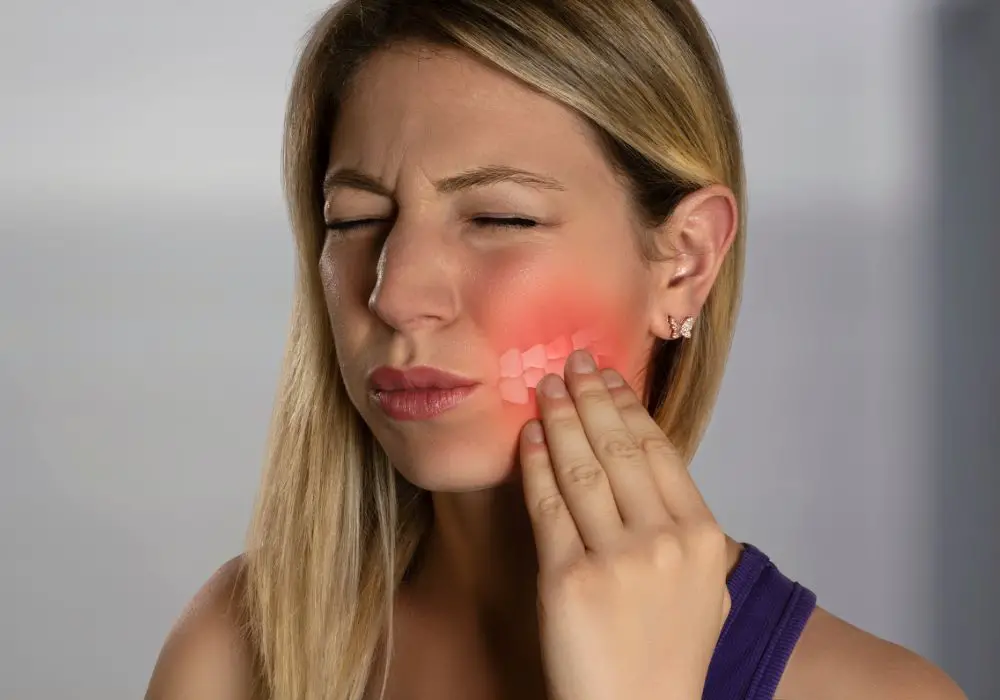
If you frequently deal with tooth sensitivity or pain when you walk, run, or play sports, there are some preventive steps you can take:
Protect teeth from impact
Wearing a mouthguard during impact sports cushions the teeth from traumatic blows that could lead to cracks, injury, and pain. Custom athletic mouthguards from your dentist offer optimal protection.
Address underlying dental issues
See your dentist to fix problems like dental infections, tooth decay, or improperly aligned teeth that could be causing your discomfort during activity. Resolving these issues provides relief.
Monitor hydration levels
Stay well hydrated before, during and after strenuous activity to prevent a dry mouth and maintain adequate saliva flow around the teeth. Drink water periodically.
Warm up inhaled air
Wearing a scarf or face mask when running in cold weather allows you to pre-warm the air before it enters your mouth. This minimizes cold air teeth sensitivity triggers.
Consider occlusal adjustment
Your dentist can adjust your bite alignment so that pressure is distributed evenly across the teeth. This reduces mechanical strain that could translate into discomfort when active.
Apply desensitizing toothpaste
Using a toothpaste formulated for sensitive teeth can help calm neural activity in teeth and insulate the dentin from pain triggers. Potassium nitrate is a commonly used active ingredient.
Get checked for bruxism issues
Excessive teeth grinding or clenching when awake or asleep can lead to tooth pain when active. Your dentist can check for signs of bruxism and provide treatment options.
Avoid chewing gum when active
The repeated impact of chewing gum during strenuous activity can exacerbate dental problems and increase tooth discomfort in some cases.
When to see a dentist for active tooth pain
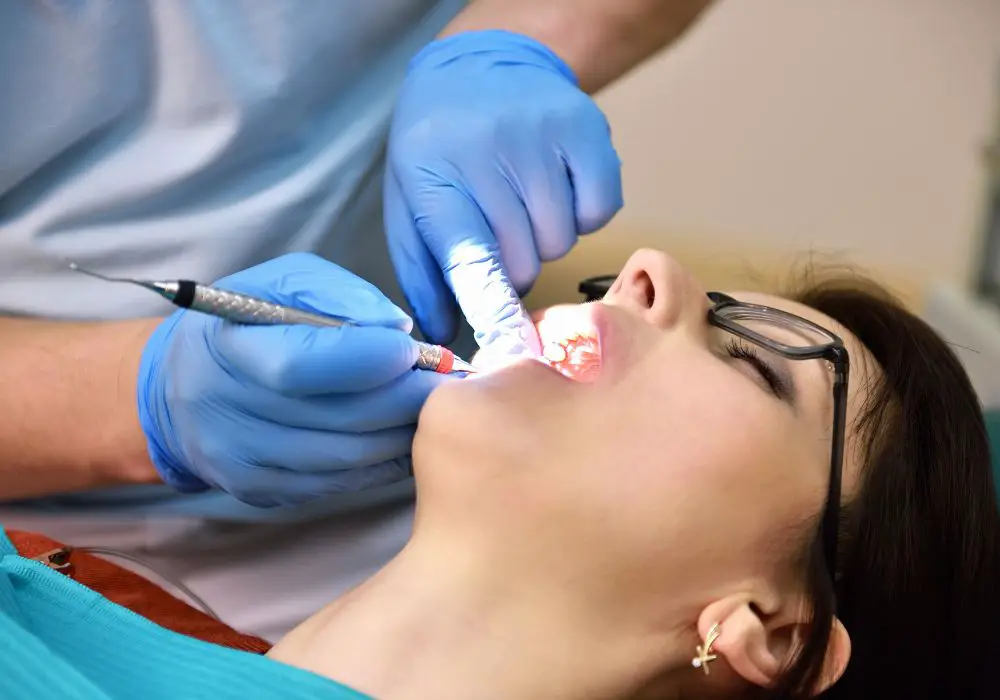
You should make an appointment with your dentist promptly if:
- The tooth pain regularly interferes with your ability to exercise and be active.
- Over-the-counter pain relievers and home remedies don’t provide lasting relief.
- You notice dental damage like chips, cracks or loose teeth that could be causing the discomfort.
- The pain worsens over time rather than improving.
- You experience swelling around the gums, jaw, or face along with the tooth pain.
- The discomfort disrupts your sleep or ability to eat comfortably.
The dentist has specialized tools and x-rays to diagnose the underlying cause of the tooth pain and provide appropriate treatment. Leaving dental issues unaddressed allows them to worsen over time. It’s best to seek help quickly for exercise-related tooth pain that persists.
Common treatments for painful teeth when active
Depending on the diagnosed cause of your tooth pain when exercising, walking, running or playing sports, your dentist may recommend:
- Dental restorations – Fillings, crowns or inlays can repair cracked, damaged or decayed teeth contributing to discomfort when active.
- Root canal – If tooth nerve inflammation and infection is causing the pain, a root canal can remove the damaged pulp tissue.
- Tooth extraction – Removing non-salvageable teeth that are acting as a recurrent source of pain when exercising.
- Occlusal adjustment – Reshaping teeth that are misaligned and putting uneven pressure on the jaws when active.
- Nightguard – A custom nightguard prevents teeth grinding at night that translates into daytime discomfort.
- Desensitizing treatments – In-office fluoride applications or prescription strength toothpastes to insulate sensitive tooth areas.
- Medications – Prescription-strength pain relievers or anti-inflammatories to temporarily alleviate extreme tooth discomfort when active.
- Referrals to specialists – Referrals to periodontists, endodontists, or oral surgeons for advanced dental issues contributing to the pain.
The right treatments can successfully address the source of tooth pain and provide long-term relief when engaging in physical activities.
When tooth pain warrants an emergency dental visit
Seek emergency dental care promptly if you experience:
- Uncontrolled, severe tooth pain that does not respond to over-the-counter pain relievers.
- Bleeding, swelling, or pus discharge from around the gums. This may indicate a dental abscess.
- Sudden tooth pain when running or being active after a fall or blow to the mouth. Could signal a fractured or knocked-out tooth.
- Loose or shifting teeth after an injury that causes pain when biting or being active.
- Numbing, tingling, or loss of sensation in the teeth, gums, lips or face. May indicate nerve damage.
- Extreme tooth sensitivity to hot or cold after a damage injury while exercising or playing sports.
- Tooth pain that radiates into the jaw, ears, temples, or neck and causes severe headaches.
Seek prompt emergency dental treatment for these types of severe tooth pain issues and trauma resulting from activity accidents. This can help prevent long-term dental problems.
Frequently Asked Questions about teeth hurting when active
Here are answers to some common questions about tooth pain when walking, running, or engaging in physical activity:
Why do my teeth hurt randomly when I run?
Sudden, sporadic tooth pain when running likely stems from exposure to cold air, impact on pre-existing dental issues, or grinding/clenching due to exertion. The pain should subside after stopping activity. See your dentist if it persists.
Why do my teeth hurt days after a run?
Lingering tooth pain days after running often indicates injured teeth from clenching/grinding during the run. However, it can also signal dental problems like cracked teeth worsened by the run’s impact. Seek dental treatment.
Can dehydration cause tooth pain when active?
Yes, dehydration can contribute to tooth pain when active. Dry mouth causes reduced saliva, allowing teeth sensitivity. Drink fluids before, during and after activity to hydrate. Electrolyte drinks help replenish lost minerals.
How can I tell if sinus pain is causing my teeth to hurt when running?
Sinus tooth pain is usually a diffuse, constant ache in upper back teeth. It worsens when tilting the head or bending over. Congestion, stuffy nose, post-nasal drip, or headache suggests sinus involvement. See an ENT doctor.
If I wear a nightguard, will it help my teeth pain when running?
Wearing a nightguard can help minimize future tooth pain during running by protecting the teeth from grinding forces at night. Have your dentist fit you with an athletic mouthguard to prevent pain.
Conclusion
In summary, tooth sensitivity and pain during exertive activities like running or sports is quite common, but frustrating to deal with. The causes can range from dental problems and sinus pressure to cold air exposure and bruxism tooth clenching. There are many preventive strategies to help avoid this tooth discomfort when active. See a dentist promptly if you experience persistent, severe, or worsening tooth pain when exercising or being active. They can pinpoint the source and provide targeted treatment for long-term relief.

